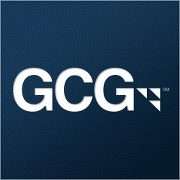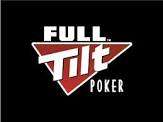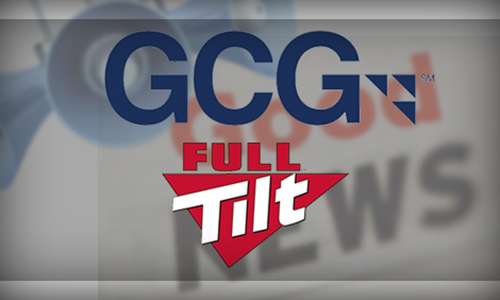GCG Announces Eighth Wave of Full Tilt Poker Refunds to Former US Players
Garden City Group [GCG], the claims-administration group working on behalf of the US Department of Justice to process remission payments (balance refunds) to the original Full Tilt’s pre-Black Friday, United States-based players, has announced an eighth wave of upcoming payments in the ongoing process of returning funds to players who have now waited nearly five years for refunds.
 The latest update, published yesterday at GCG’s FullTiltPokerClaims.com site, reads as follows:
The latest update, published yesterday at GCG’s FullTiltPokerClaims.com site, reads as follows:
INFORMATION REGARDING UPCOMING PAYMENTS AND DEFICIENCY NOTICES
GCG has been informed that the Department of Justice Asset Forfeiture and Money Laundering Section has approved a new round of payments, which will include payments to Petitioners who confirmed their FTP Account Balances, Petitioners who have disputed their FTP Account Balances and Petitioners designated by Full Tilt as “Professionals.” In all, this distribution includes payments to approximately 1,180 Petitions totaling approximately $2.6 million.
GCG has completed its initial review of all filed Petitions and, with this round of payments, we will have paid approximately 94% of those filed. GCG continues to work with the Department of Justice (the “DOJ”) to evaluate the remaining Petitions. For further information regarding the payment process and bank testing, please see the March 16, 2015 notice, which can be found on the Previous Updates tab.
Please note that GCG continues to send emails notifying Petitioners of deficiencies in their Petitions. Responses to these emails are required within 20 days of the date of the email. Please be sure to check your email account’s spam or junk folder to ensure the message was not filtered.
As expected, the number of refund petitions successfully approved and processed continues to drop with each passing wave, since the final deadline for former US Full Tilters to file passed last November.
By our tracking, here are the eight remission waves announced to date (all figures are closely-rounded approximations):
- February, 2014: $76 million, 27,500 accounts
- April, 2014: $5 million, 2,200 accounts
- June, 2014: $14 million, 3,200 accounts
- September, 2014: $1.8 million, 600 accounts
- March, 2015: $2.8 million, 3,500 accounts
- June, 2015: $4 million, 4,000 accounts
- November, 2015: $5.7 million, 2,000 accounts
- March, 2016: $2.6 million, 1,180 accounts
 All told, more than 44,000 former US-based customers of Full Tilt have now received (or will soon receive) their remission payments. GCG has never released a total count of filed petitions, but based on the firm’s other statements, it appears that roughly 3,000 account balances remain to be informally adjudicated via the DOJ. Those 3,000 or so accounts disproportionately include hundreds — perhaps even as many as two thousand — high-balance accounts, disputed-balance accounts, and accounts of players connected to Full Tilt in some way who were tagged as professional players, affiliates, or other types of business associates.
All told, more than 44,000 former US-based customers of Full Tilt have now received (or will soon receive) their remission payments. GCG has never released a total count of filed petitions, but based on the firm’s other statements, it appears that roughly 3,000 account balances remain to be informally adjudicated via the DOJ. Those 3,000 or so accounts disproportionately include hundreds — perhaps even as many as two thousand — high-balance accounts, disputed-balance accounts, and accounts of players connected to Full Tilt in some way who were tagged as professional players, affiliates, or other types of business associates.
Some of those latter players appear to have been included in the upcoming round of payments, but each such account is known to be subject to ongoing, individual review. GCG and the DOJ have already reiterated that despite Full Tilt’s slack accounting practices and commingling of “business” and “player” accounts, the DOJ is determined that all business-derived revenue be extracted from those account balances before the remainder is returned to the waiting players.
It is also likely that a clawback process involving improperly recorded business income may be ongoing for some of these disputed accounts as well. In such a scenario, a remaining balance in a given account might show as being used for play, but business-related payments such as endorsement fees or affiliate payments may have already been channeled through the same player account.
The current rate of refund processing now raises the likelihood that the Full Tilt remission process will stretch well into 2017. Some players have complained about the interest-free nature of the remission payments, but the end result here is still significantly better than what has happened with most other online-poker site closures, where players have received little or no compensation.




















COMMENTS